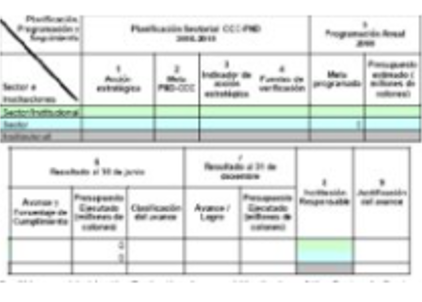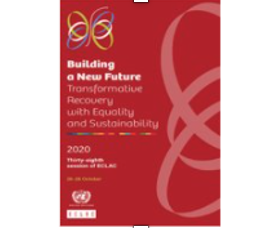Resources
Displaying 1 - 4 of 4
Comprehensive Performance Indicators of the Public Sector
| English | Spanish | Leadership and Public Servants’ Capacities | Americas | Publication | CLAD
The monitoring and evaluation information is conditioned on a series of factors in order to be used effectively. Various studies bear witness to rather formal uses - such as information that accompanies accountability to Congress and annual management reports of the agencies - but there is less emphasis on uses for the use of learning and for the allocation of spending (Cunill and Ospina 2008) (Villarreal, July, 2007).
This study starts…
From Colonization to Reconciliation: Increasing the Collaborative Capacity of Public Servants
| English | Spanish | Leadership and Public Servants’ Capacities | Americas | Publication | IPAC/IAPC
In call to action 57, the Truth and Reconciliation Commission calls upon federal, provincial, and territorial governments to enhance the skills and knowledge of public servants. Leveraging collaboration theory and collaborative capacity, this article delves deeper into the skills, attitudes, and knowledge required of public servants who regularly work with First Nations organizations and governments. Using findings from a health care…
Building a New Future: Transformative Recovery with Equality and Sustainability
| English | Leadership and Public Servants’ Capacities | Americas | ECLAC
This document, presented by the Economic Commission for Latin America and the Caribbean (ECLAC) to its member States at its thirty-eighth session, argues that Latin America and the Caribbean is in a position to move towards a “big push for sustainability” through a combination of economic, industrial, social and environmental policies capable of driving a recovery with equality and sustainability and relaunching development in the region.
The…
Sustainable Development Goals: Building New Routes for Public Administrations
| English | Leadership and Public Servants’ Capacities | Americas | Publication | ICAP
The report contributes to three reflections that could be a little light on the current debate; The first is that there must necessarily be a reformulation of the seventeen SDGs or in any case a prioritization of their implementation. In this line, and in line with the proposal of authors specialized in development and what is expressed by international organizations themselves, the collaborative action between the State and society should…
 مرحباً بكم في الأمم المتحدة
مرحباً بكم في الأمم المتحدة 


